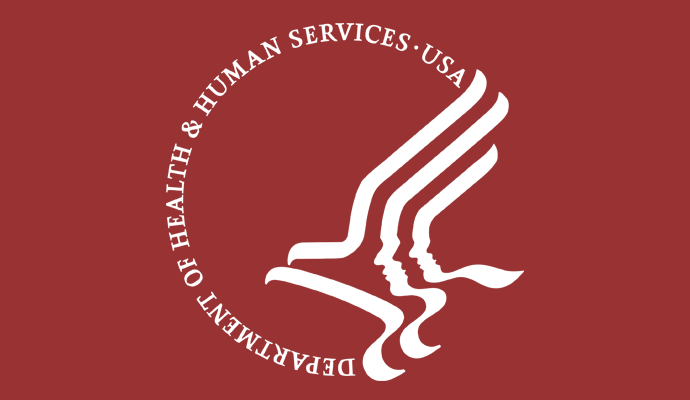HHS Unveils 3-Part Plan for Supporting COVID-19 Testing Efforts
The plan includes weekly shipments of COVID-19 testing supplies to states and allocating an extra 30Mof Abbott’s COVID-19 tests to support testing among high-risk populations.

Source: HHS Official
HHS recently announced three ways the federal government will continue to support COVID-19 testing efforts by states and authorities into 2021.
The initiative builds upon over $31 billion in resources that the US government has provided to help ensure that states that care for seniors and other high-risk individuals during the pandemic have necessary testing supplies.
"Over the past year, our successful partnerships with federal agencies, industry, state leaders and state health agencies, have yielded novel, state of the- art COVID-19 tests and drastically increased the volume of manufacturing of testing supplies," Admiral Brett Giroir, MD, Assistant Secretary for Health, said in the announcement.
"Our work is not done, however. We are taking action to help ensure that states, territories, and specifically nursing homes, which care for our most vulnerable patients, continue to have access to the right tests at the right time well into 2021,” Giroir said.
HHS will first provide weekly shipments of COVID-19 sample collection supplies to states and territories through May 2021, including swabs and transport media, which are important for increasing testing capacity in communities nationwide.
The agency will then collaborate with the General Services Administration (GSA) to provide streamlined processes for states, territories, and other government agencies to purchase point-of-care diagnostic tests.
The first point-of-care test provided will be the Abbott BinaxNOW rapid antigen test. States, territories and tribes will be able to purchase tests at a fixed price through an existing Federal Supply Schedule program and through a contract between the federal government and Abbott.
Specifically, the contract eliminates the need for states and territories to spend resources negotiating and establishing individual purchasing contracts with manufacturers and provides a consistent source of supplies, HHS said.
The maximum number of tests that can be purchased each month will be determined before allocation to ensure adequate supplies for individuals at all times. HHS anticipates the program will be launched in mid-January.
Lastly, HHS will allocate an additional 30 million of Abbott’s BinaxNOW rapid antigen tests to support testing among high-risk populations, including nursing homes, assisted living facilities, and home health care, hospice organizations, tribes, and other vulnerable groups.
The additional tests will continue to support to these organizations through approximately March 2021.
At the beginning of September, FDA issued emergency use authorization to Abbott for its antigen test, which does not need the use of an analyzer and is authorized for point-of-care (POC) settings.
The BinaxNOW Ag Card is intended for the qualitative detection of the nucleocapsid protein SARS-CoV-2 antigen.
To date, over 218 million tests have been completed in the US, HHS noted. This includes $11 billion to states, territories, and federally associated states and $20 billion to support testing and other needs in vulnerable populations, including nursing homes.
In mid-August, the Trump Administration first announced that it would deploy 150 million of Abbott’s BinaxNOW COVID-19 tests nationally. At that point, 32 states and the District of Columbia shared how they will use the tests.
The states that provided preliminary reports have deployed BinaxNOW to local health departments, K-12 schools, colleges and universities, nursing homes, hospitals, and correctional facilities.
Then at the end of October, HHS distributed 389,040 of Abbott’s BinaxNOW COVID-19 rapid tests at no cost to 83 Historically Black Colleges and Universities in 24 states.
- The states that received the tests as part of the distribution included North Carolina (52,040 tests) Georgia (41,000), Louisiana (39,000), Texas (28,200), Alabama (26,520), Maryland (26,120), Virginia (21,400), South Carolina (18,040), Tennessee (18,000), and Florida (18,000).
HHS noted that shipments of the original state allotments of BinaxNOW tests are expected to be completed in January 2021.
